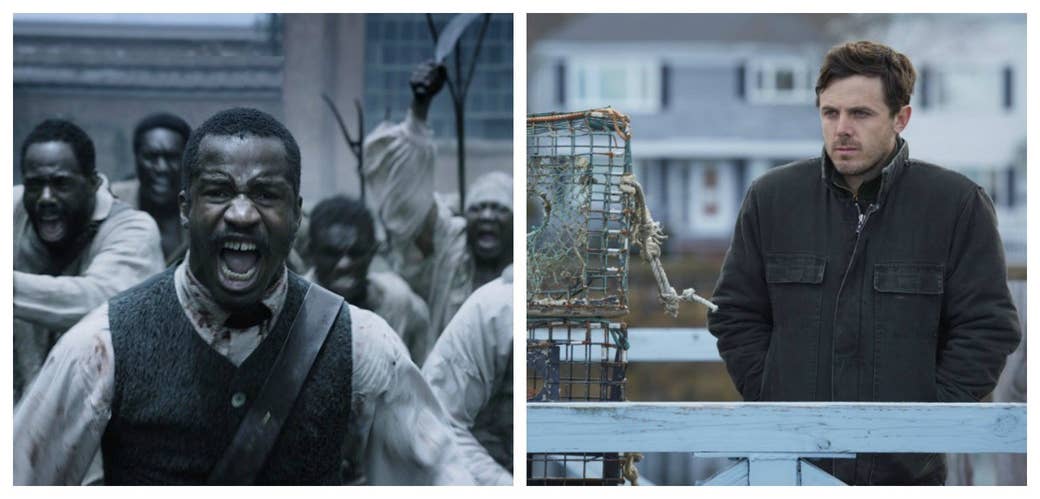
Manchester by the Sea contains the saddest goddamn invitation to lunch you'll ever find in the movie — the sort of scene that floors you with its emotional rawness, all of it unfolding in a passing sidewalk encounter. To be fair, there aren't many films that attempt to leverage lunch, the most innocuous of meals, into a conversational symphony of love and pain. But that's playwright turned director Kenneth Lonergan's latest for you. Manchester by the Sea's deep wells of emotion are there like sinkholes waiting beneath the day-to-day, the calls that must be made, the appointments that can't be avoided, the jobs that have to be completed to keep the world running.
Manchester by the Sea is one of the two movies that's taken the Sundance Film Festival by storm this year, and it's the more deftly made but definitely the less surprising of the two — the finest possible incarnation of the sort of starry, delicate drama that is a festival standard, the kind that would have a teary lunch invite. The other hit is Nate Parker's directorial debut The Birth of a Nation, about Nat Turner, leader of the 1831 Virginia slave rebellion, a fierce historical saga that feels like it strains the seams of an annual event largely devoted to the intimate and quirky.
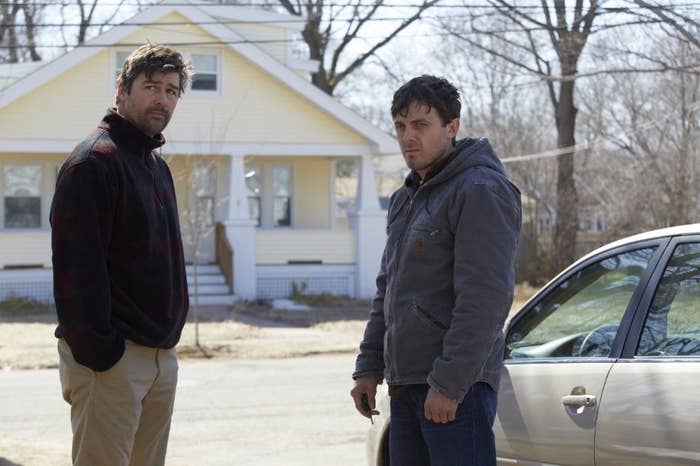
They're very different films, but they've both scored historic deals, with Amazon nabbing the streaming rights for Manchester by the Sea for a massive $10 million after its premiere, and The Birth of a Nation getting picked up by Fox Searchlight for a record-breaking $17.5 million. They're also both getting awards talk, an exhausting thing to say when 2016's Oscars haven't even happened yet, but point made: These are two films we're going to spend the year talking about.
Manchester by the Sea is centered on a Boston maintenance man named Lee Chandler, played with breathtakingly submerged intensity by Casey Affleck. Lee's been living a life of colorless isolation, shoveling snow and plunging toilets and getting drunk alone at night and then into bar fights. The why of it all comes to light slowly after he's summoned home to the seaside town of the title, up the Massachusetts coast, after his older brother Joe (Kyle Chandler) dies and he's left in charge of his 16-year-old nephew Patrick (Lucas Hedges). Patrick's a high school star, an athlete with a lot of friends and more than one girlfriend — he's a local boy who has no interest in selling his dad's fishing boat and leaving behind everything he loves. But Lee, it turns out, has some very compelling reasons for not wanting to settle back in the close-knit home town he left years earlier, the kind of place where everyone knows everyone and the past is never left to fade away.
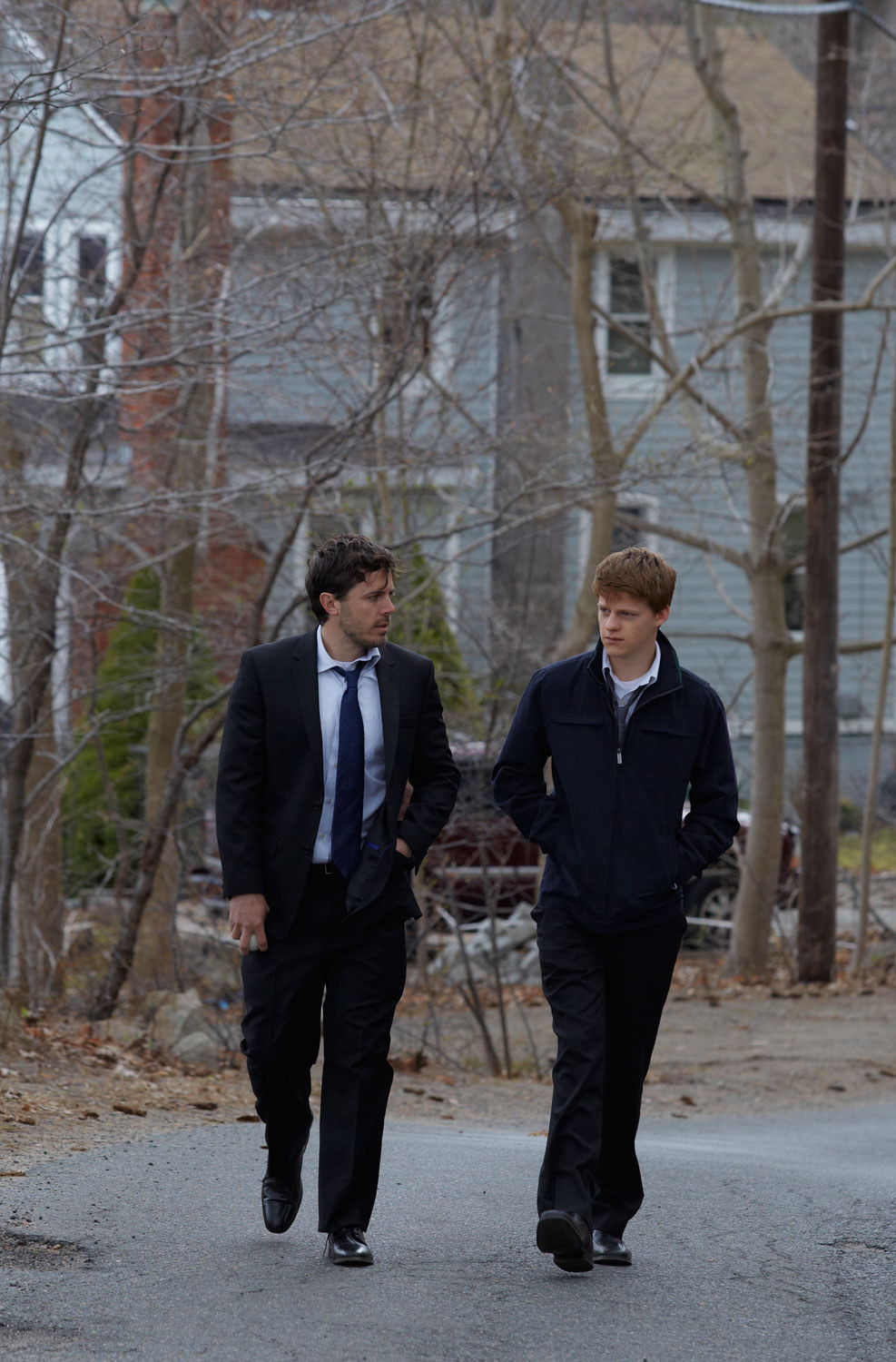
The more that's revealed about why Lee has chosen to live alone in a basement apartment far from his loved ones, the less Manchester by the Sea seems like a story about how a grumpy bachelor and his outgoing nephew learn to share a home. That's still part of it, sure, but more than that, it's about loss, how grief ebbs and flows and exists alongside conversations about Star Trek and trying to get laid, and about how it can sweep some people away, maybe permanently.
The film's characters are working-class New Englanders who bicker and rag on one another easily, but who aren't always so free with expressing their feelings. Instead, Manchester by the Sea lets details about its characters and their pasts accrue, holding them up to the light and turning them to highlight every facet of their wounded, vulnerable wholes. And while Affleck is day-wreckingly excellent, he gets backup from a strong array of supporting players, particularly a tremendous Michelle Williams as Lee's ex-wife.
Lonergan hasn't always had an easy time making movies. Margaret, his last feature, was delayed for years due to issues over final cut, resulting in lawsuits and a film that was critically acclaimed but a box office bomb. Even after that, he was able to get this new work made, with help from producer Matt Damon, originally also set to star. But The Birth of a Nation's director, screenwriter, and star, Nate Parker, has had a tougher go of getting funding for his Nat Turner passion project. He's been working on the film for seven years and was repeatedly told it wasn't commercially viable.
Parker, who's starred in movies like Beyond the Lights and Non-Stop, and who got a standing ovation in the theater before The Birth of a Nation even screened, actually quit acting to raise and contribute to what ended up being the $10 million he needed for The Birth of a Nation, which he named after D. W. Griffith's racist landmark 1915 silent movie.
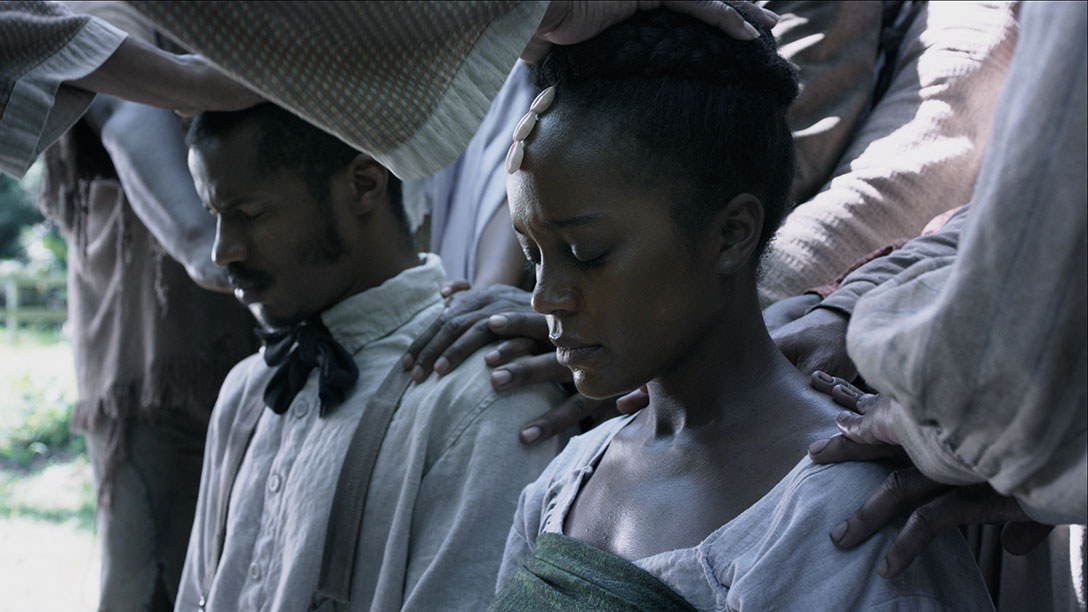
There's nothing particularly indie about The Birth of a Nation, other than that studios were too chickenshit to fund it. It's a Braveheart-style historical saga, made in the model of a big studio production even if it was done on the relatively cheap — Mel Gibson, after all, was able to get $70-plus million to make his own story of a righteous uprising, and won Oscars for it. But Parker could very well do the same. He made a passionate, rousing, and occasionally hokey movie in the same tenor, centered on a man who grows up in a system in which he and his family and his people are treated as subhuman, and who decides it's not just necessary but his holy chosen task to lead an uprising against their oppressors.
Turner was born more than two centuries ago, but his story retains all of its urgency and fury. Parker is well-aware that when a character notes in the aftermath of the rebellion that people are getting murdered "for no reason at all but being black," it's a statement as resonant now as it was then, and through the decades in between. The Birth of a Nation leans into the systemic horror of slavery, from the owner who casually knocks out a man's teeth with a hammer and chisel to ease his force-feeding, to the way an auctioneer tears the dress off the woman he's trying to sell to better tempt the leering men in the crowd. When Nat and his cohorts explode into violence, it's as an answer to lifetimes of receiving it.
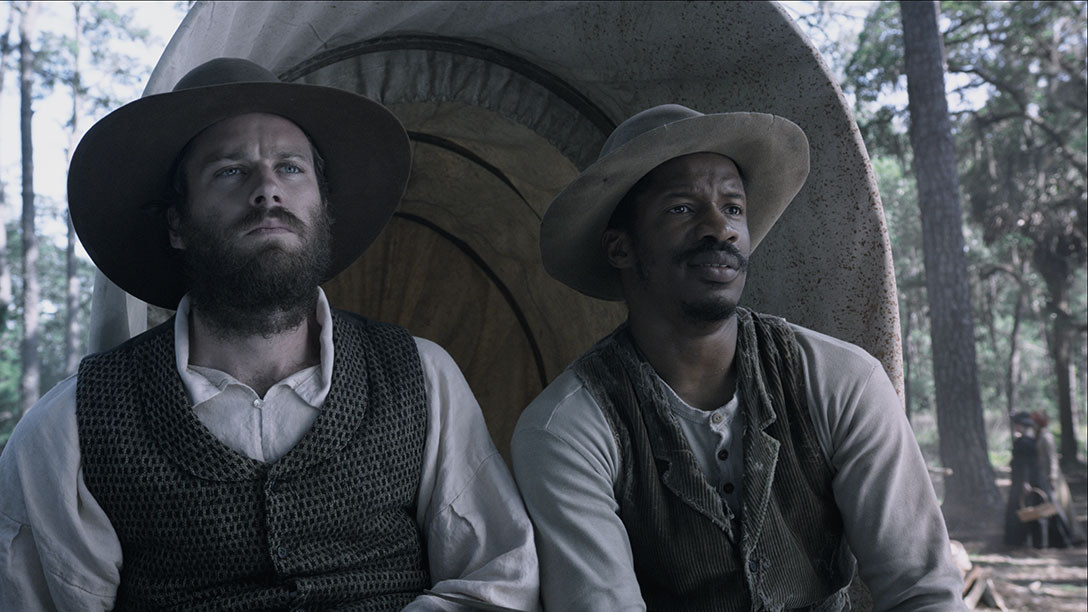
Most boldly, The Birth of a Nation refuses to portray its slaveholders as just brutal sociopaths who can be easily put at a distance, and it doesn't excuse them because sometimes they're nice. Young Nat is shown playing as a child with the boy who grows up to be Samuel (Armie Hammer), his owner, a man who steps in to protect him from time to time but still looks at him as a prize possession, one he starts farming out as a preacher to agitated slaves on other plantations. Nat is horrified by what he sees at these places, and sickened by the way he's forced to use his faith as a tool of placation. Samuel's disturbed as well — though not enough to do anything about the monstrous system from which he's benefiting, or to question his place in it, or to expect Nat to feel anything other than grateful for not being abused. Feeling bad counts, rightly, for nothing in The Birth of a Nation.
The Birth of a Nation has its flaws — it's the work of a first-time filmmaker who has some great instincts (the last shot!) and some clunkier ones, in particular how the religious visions Turner had are realized. Its female characters — mainly Aunjanue Ellis as Nat's mother, and Aja Naomi King as Cherry, the woman he marries — are thinly developed, and when one of them is brutally assaulted, it's portrayed in a way that has far more to do with what it means to Nat than to the victim. But these are complaints that could be lodged at a lot of big movies, and The Birth of a Nation feels very much like a big movie, one that belongs in wide release among other films that have transmuted history into heroic cinema. Turner deserves this treatment; he deserves a film that doesn't soften the era or apologize in any way for his anger; and he deserves a salute for making it happen, especially at a time when the movies desperately need a story like this.

